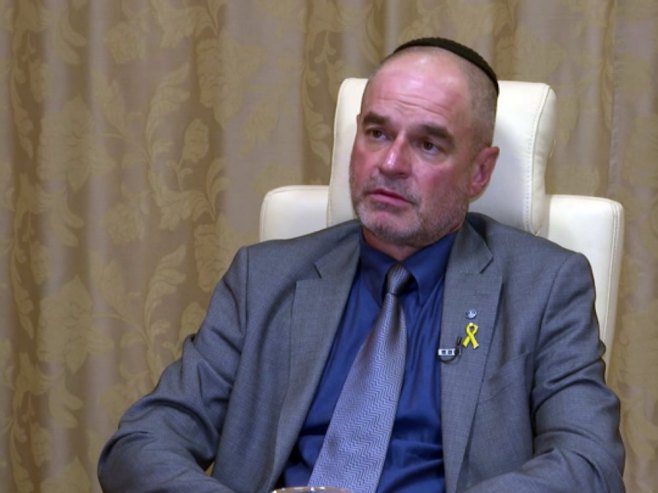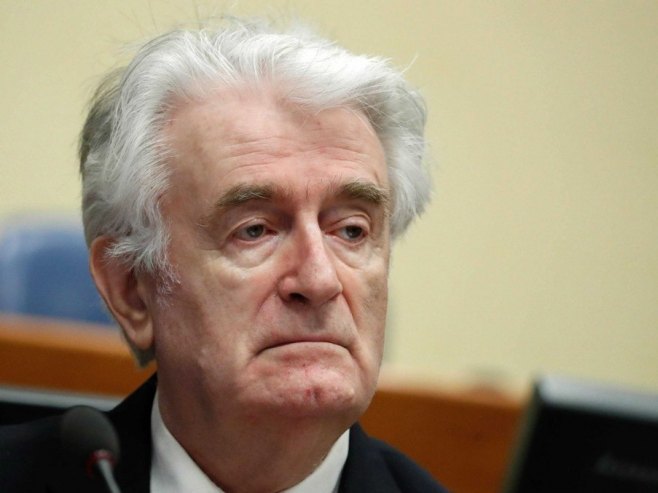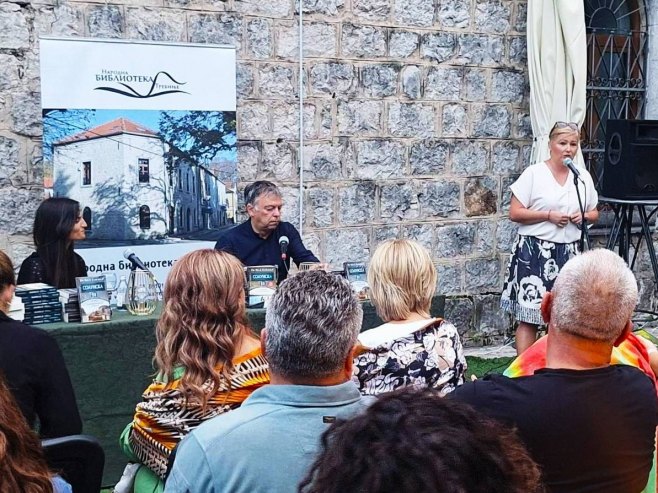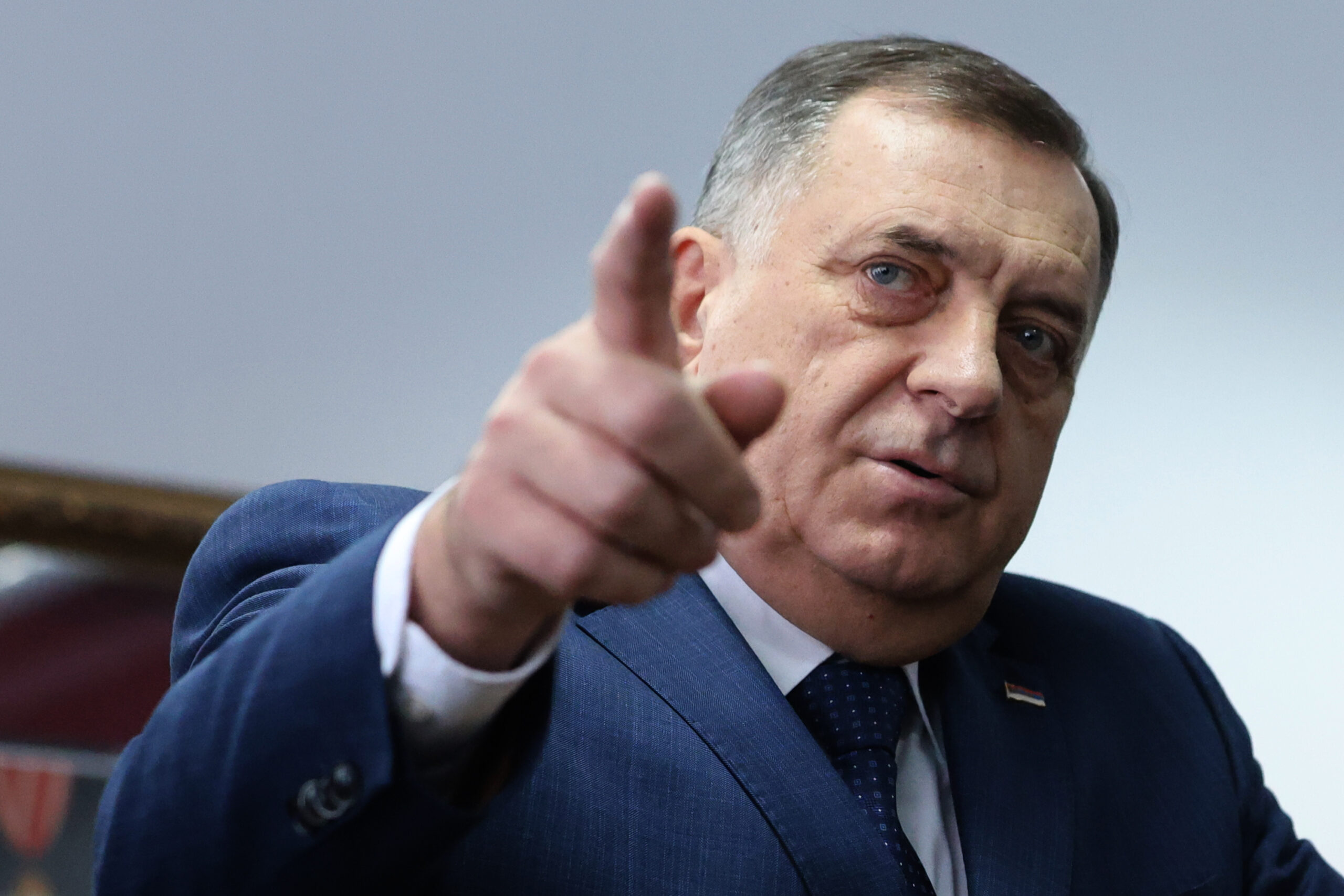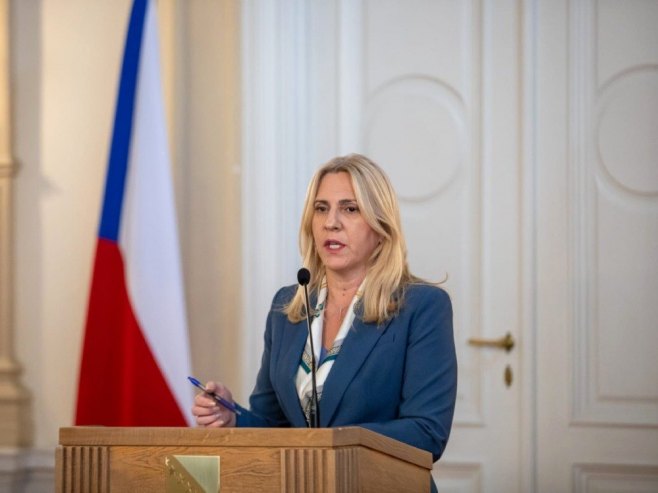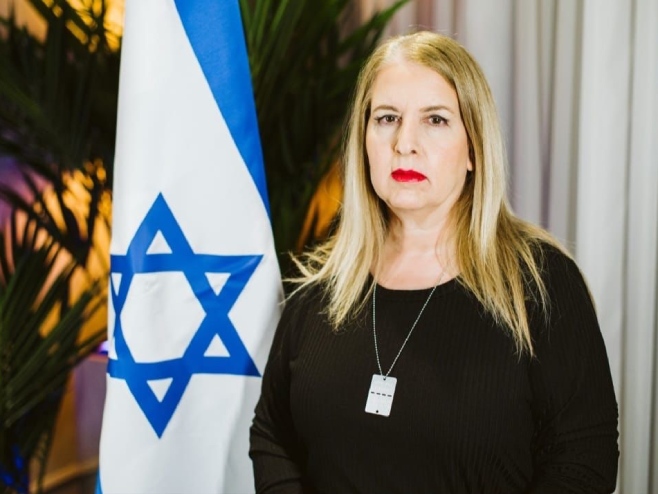“What does it mean to be a Jew in Bosnia and Herzegovina today? Is it easier in Republika Srpska or in the Federation of BiH?” — asked Frano Yehuda Kolonomos Martinčević, a Jew of Croatian origin with ties to Kreševo, Zagreb, and Israel, and an expert on international relations and Jewish history.
He said that being Jewish has never been easy, and that since October 7, 2023, the situation has become “so tense that it is difficult to be a Jew anywhere in the world.”
“It’s particularly difficult in Sarajevo, where there is strong pressure from the political establishment that supports the Palestinians. Simply being Jewish, no matter how discreet you are, puts you under a certain kind of pressure. The Jewish community in Sarajevo is trying to balance this, but since October 7, that pressure has grown dramatically,” Martinčević explained in an interview for Pečat.
He stressed that Jews must stand with their people and their state, calling it a moral imperative.
“In Republika Srpska, the situation is completely different. President Milorad Dodik and the government of Srpska have done everything to express their respect and friendship toward the Jewish people, which is evident in politics, the media, and public life,” he said.
According to him, this attitude is recognized in Israel, which, although not involved in the internal affairs of Jewish communities abroad, “carefully observes political and media developments in the Balkans.”
“The Serb people, President Vučić, and President Dodik are recognized as friends of Israel. They reacted promptly and clearly after October 7, expressing support for the Israeli people in what was the greatest tragedy since the Holocaust and World War II,” Martinčević noted.
Commenting on pro-Palestinian demonstrations in Sarajevo and the ban on the European Rabbinical Conference, he said such incidents did not occur in Republika Srpska, because “the Serb people cannot be against Israel — neither in principle, nor historically, nor traditionally.”
“Among Muslims in Sarajevo, there is a certain sentiment toward Arab Muslims because they share the same faith. But there is also a political tradition rooted in 1928, with the founding of the Muslim Brotherhood and its influence through Al-Husseini, the notorious Grand Mufti of Jerusalem, who helped form the Handžar Division in BiH, composed entirely of Muslims. The Muslim Brotherhood was always tied to opposition against the creation of the State of Israel,” Martinčević explained.
He described the Bosniak political approach as deeply misguided:
“There’s a difference between having sympathy for Muslims and politically promoting a kind of Semitism that borders on Nazism. The attempt to misuse the Sarajevo Haggadah to raise money for Gaza was a completely wrong political move — a gesture of hostility and disrespect toward the Jewish people, including the Jews of BiH,” he said.
Martinčević stated that Sarajevo can no longer be called the ‘European Jerusalem’ — “and in truth, it never was.”
“It could only become that if the rights of all three constituent peoples — and Jews — were respected, not just those of the Bosniak people. By pursuing this policy, Bosniaks are digging their own pit. Sarajevo should be an open city like Basel in Switzerland, where no single nation dominates,” he emphasized.
He added that Bosniaks show no readiness to share Bosnia and Herzegovina equally with Serbs and Croats, respecting all three nations.
“Unfortunately, the policy of SDA and Bakir Izetbegović has always aimed at majorization and unitarization. The leadership of Republika Srpska has long warned about this, but these ambitions go back to the Ottoman era and the Muslim Brotherhood. Even during Yugoslavia, some worked toward creating a Muslim state,” he said.
Martinčević also reproached Serbs and Croats for not being more proactive in lobbying for truth about BiH abroad, saying that Bosniak politics “acts like a Trojan horse wrapped in civic rhetoric, pursuing entirely different goals.”
“I fully support coexistence and friendship — we have far more in common than what divides us. Our language, culture, mentality, and behavior are shared traits that should unite us,” he said.
Finally, Martinčević expressed optimism about the rise of sovereigntist movements in Europe and the U.S.:
“The sun of hope is rising with strong sovereignist leaders like Viktor Orbán in Hungary and the AfD in Germany. But most importantly, the return of Donald Trump to the White House would be a crucial turning point — a chance to build a healthy alliance of nations, including the Serbs, who uphold their faith, family, and tradition,” he concluded.
Source: RTRS


